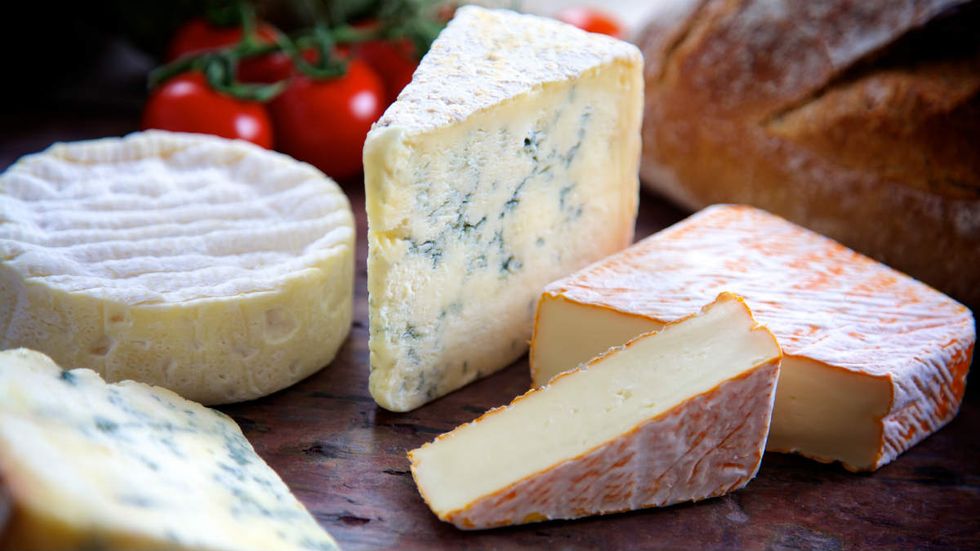
© 2024 Blaze Media LLC. All rights reserved.
A new study claims that cheese and other fatty foods are addictive similarly to hard drugs, because of a chemical, casein, present in most dairy products.
Abusing the concept of addiction seems to be the latest way to absolve people of guilt for their own actions. We are constantly told that America suffers from an obesity epidemic, that we are too fat and too unhealthy, despite the fact that life expectancy has never been higher. And as we move toward an increasingly socialized system of medical care, we are told that our health problems are everybody’s problems. It is therefore no surprise that people feel a large amount of guilt for maintaining unhealthy lifestyles and seek to alleviate that guilt any way they can.
Claiming that a problem food is “addictive” is a great way to avoid taking responsibility for one’s own actions. In this way, a lack of willpower can be dismissed as the symptoms of a disease over which the patient has no control.
I’m reminded of one of my favorite quotes, by author G.K. Chesterton: “There are no uninteresting things, only uninterested people.” To paraphrase, I would argue that there are no addictive substances, only addicted people.
Okay, that’s slightly hyperbolic. The body does display physical responses to certain chemicals, and withdrawal symptoms from drugs like heroin are real and dangerous. But this latest trend of labeling a wide variety of ordinary foodstuffs as “addictive” has no purpose other than to downplay the role of human willpower in decision-making and give people an excuse for bad behavior. Some readers may remember that Tiger Woods received widespread mockery for his attempt to justify cheating on his wife by claiming to be a sex addict. It’s a rationalization akin to blaming weight problems on the addictive properties of cheese.
Anything we like is going to be difficult to stop consuming. If cheese ranks high on this list, it’s because people really, really like cheese, and who can blame them? Cheese is delicious.
And all this talk about brain chemistry seems to ignore the fact that any emotional response is accompanied by changes in the brain. The brain is the organ that process all of our feelings and preferences, so of course it shows signs of activity when we consume food that pleases us. This doesn’t mean that there is anything magical about certain foods that somehow overcome our powers of self-control.
The addictive personality is one that relies on physical substances for mental and emotional fulfilment, whether it be food, alcohol, tobacco, drugs, or even behaviors such as sex or compulsive exercise. But this is a function of the individual personality, not the intrinsically addictive properties of caffeine or running.
Claiming that everything pleasurable is addictive is both a cop-out to absolve the weak-willed from responsibility for their own lives and a trivialization of the dangers of actual, physical addiction. Just admit it: You like cheese and don’t want to stop eating it. If it makes you feel any better, I’m right there with you.
Want to leave a tip?
We answer to you. Help keep our content free of advertisers and big tech censorship by leaving a tip today.
Want to join the conversation?
Already a subscriber?
more stories
Sign up for the Blaze newsletter
By signing up, you agree to our Privacy Policy and Terms of Use, and agree to receive content that may sometimes include advertisements. You may opt out at any time.
© 2024 Blaze Media LLC. All rights reserved.
Get the stories that matter most delivered directly to your inbox.
By signing up, you agree to our Privacy Policy and Terms of Use, and agree to receive content that may sometimes include advertisements. You may opt out at any time.


